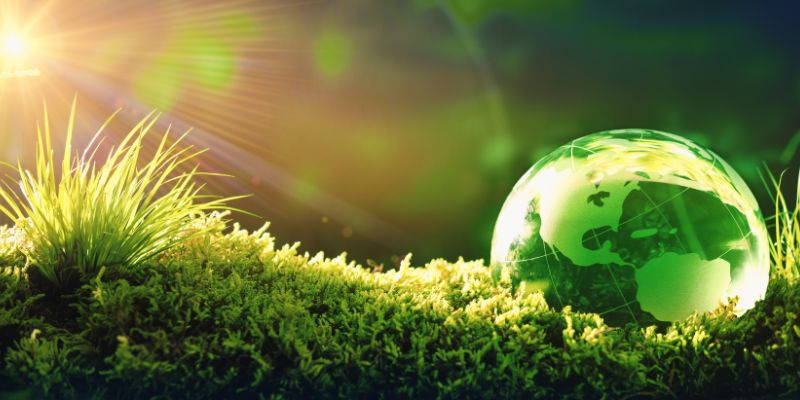Climate News: the Good, the Bad and the Ugly
When it comes to news about the climate, it can seem like unrelenting doom and gloom. But although we can feel powerless in the face of irreversible climate change and environmental destruction, there is still hope.
We believe in keeping abreast of climate news, without falling into despair or apathy. Staying informed helps keep us inspired and motivated to continue our mission of helping people live more sustainably.
That’s why we’ve put together this roundup of sustainability stories – some good, some bad and some downright ugly – to give you a balanced outlook on the future of our planet. Take a look at what’s been happening around the world recently:
The good
British kelp forests restored
Until the late 1980s, many areas of Britain’s coastlines were surrounded by rich swathes of kelp forests – particularly in the waters of Sussex. Then, the supertrawlers came. Using huge weighted nets, these fishing trawlers stripped every living thing from the seabed, creating deserts where waving forests of kelp once existed. Entire ecosystems were destroyed.
But in 2019, campaigners led by the Blue Marine Foundation, the Marine Conservation Society and the Sussex Wildlife Trust launched a Help Our Kelp campaign. After tremendous local support (and a powerful campaign video narrated by Sir David Attenborough), the government authorised a ban on all bottom-trawling in coastal waters.
It’s an inspiring story demonstrating the power of local communities. And, just two years after the ban came into effect, signs of recovery are springing up from the seabed. Read more here.
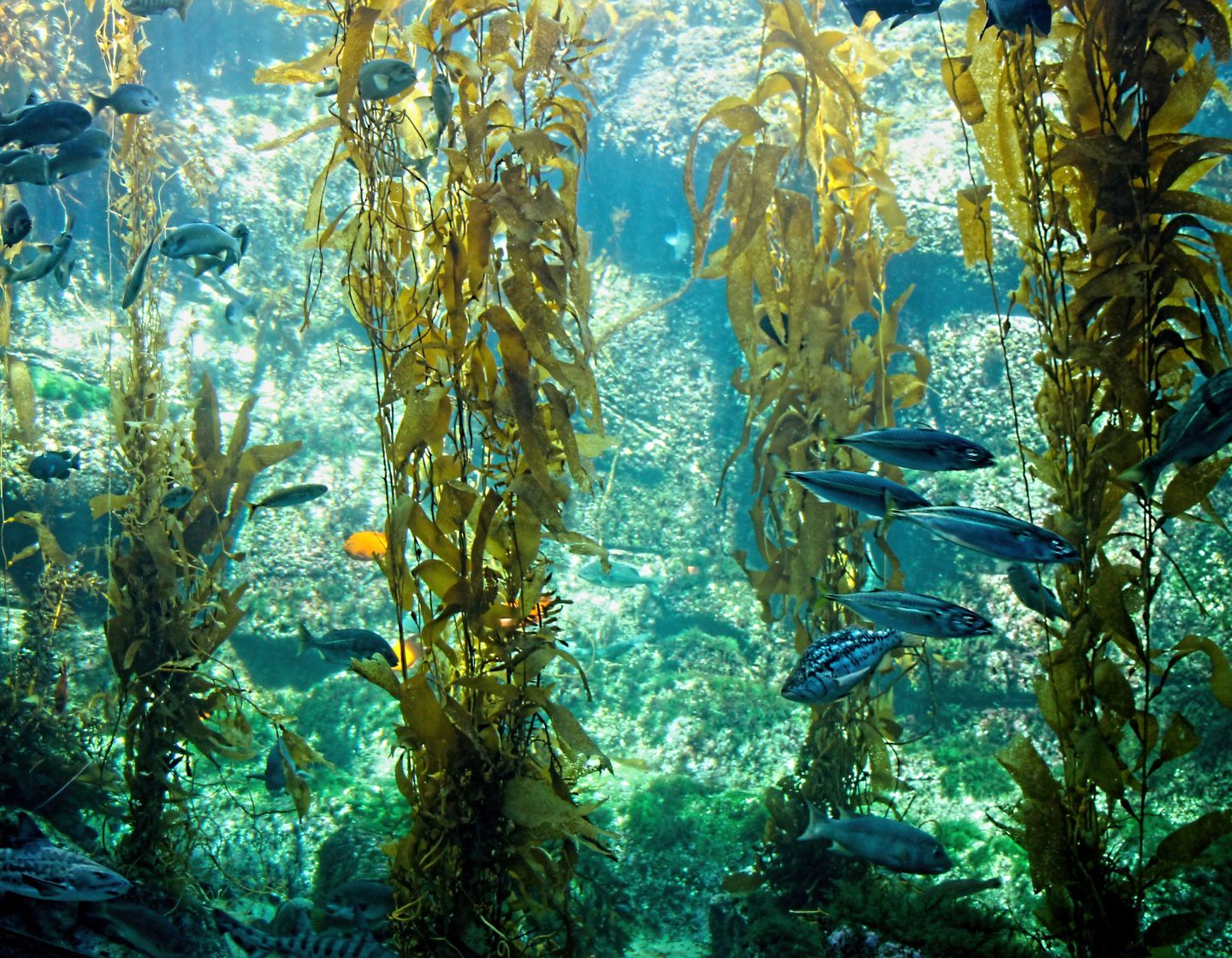
A new battery could pave the way for electric flights
The world’s biggest EV battery maker has announced a technological breakthrough in creating a 1000km battery – and it’s slated for mass production this year. China-based Contemporary Amperex Technology Co. Limited (CATL) claims its condensed battery can store nearly twice the power of Tesla’s top-of-the-range 4680 cell, which has a reported range of 450km (279 miles).
CATL says that these batteries eliminate the technological barriers to electric-powered passenger flight. The company – which makes a third of the world’s EV batteries – said in a statement: “The launch of condensed batteries will usher in an era of universal electrification of sea, land and air transportation.”
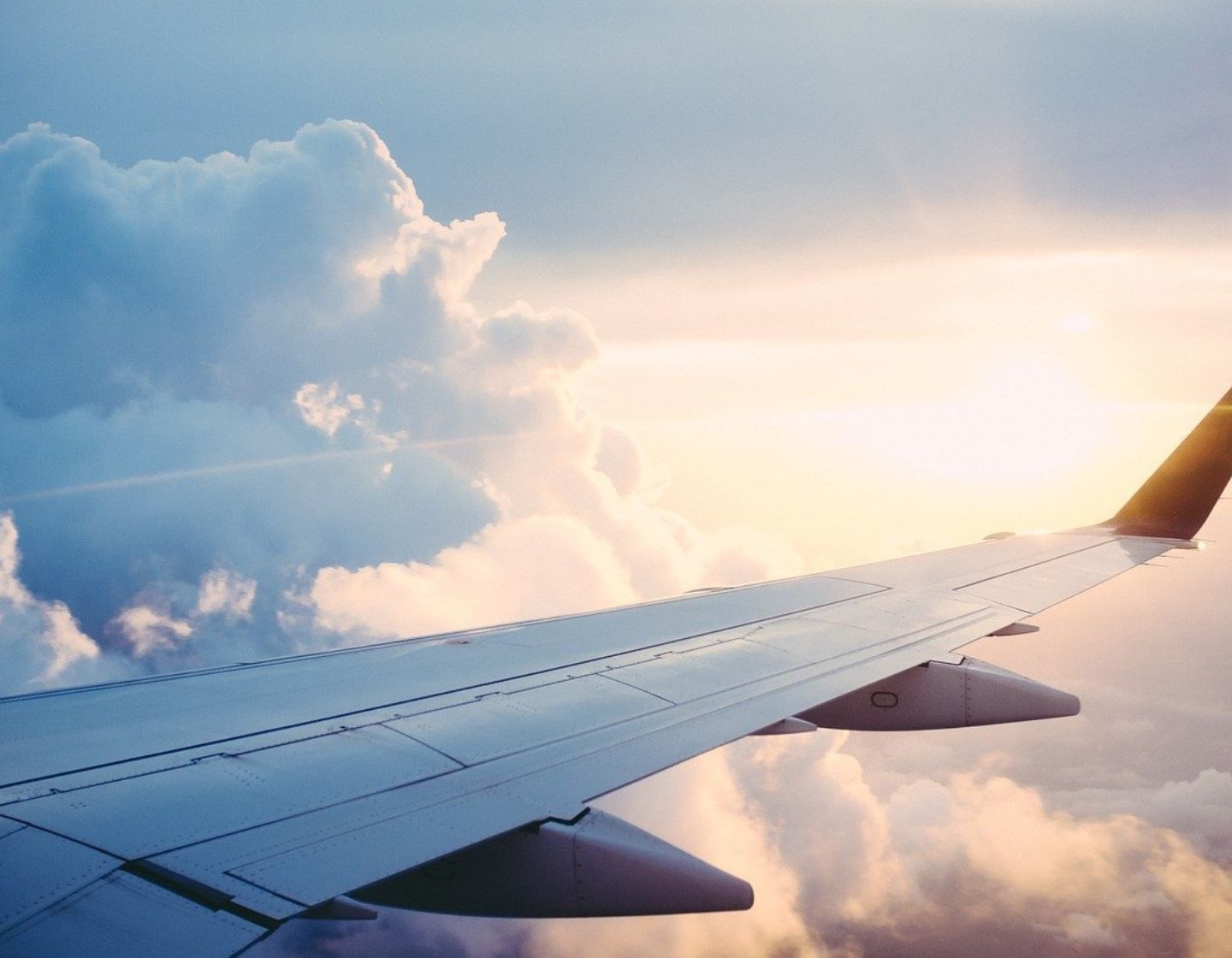
The bad
Drought is on the verge of becoming the next pandemic
Like many parts of the world, the UK is now using more water than we can sustainably supply – and a crisis is approaching. In south-east England, the country has surprisingly little annual rainfall: about 600mm, comparable with Lebanon or Kenya, and drier than Sydney.
Exacerbating the issue is the fact that England has little capacity to store its winter rainfall, and decades of mismanagement by water companies. Culturally, we’re also a nation unaccustomed to careful water usage. Without significant action, the National Audit Office (NAO) forecasts that demand will start to exceed supply no later than 2034.
Digest a long read on this topic here.
UK missing climate targets on nearly every front
In a damning report, the government’s plans to hit net zero have been comprehensively criticised by its own advisers. According to the Climate Change Committee, the UK has seen very little progress in tackling home insulation or transport emissions, whereas the installation of new wind and solar farms are still too slow to meet net zero.
Lord Deben, the outgoing chair of the CCC, said the UK had meanwhile carried out a number of projects he called ‘utterly unacceptable’. These included greenlighting a new coal mine and new oil and gas fields in the North Sea. The CCC also called out a lack of urgency and political leadership from the government. Read more here.
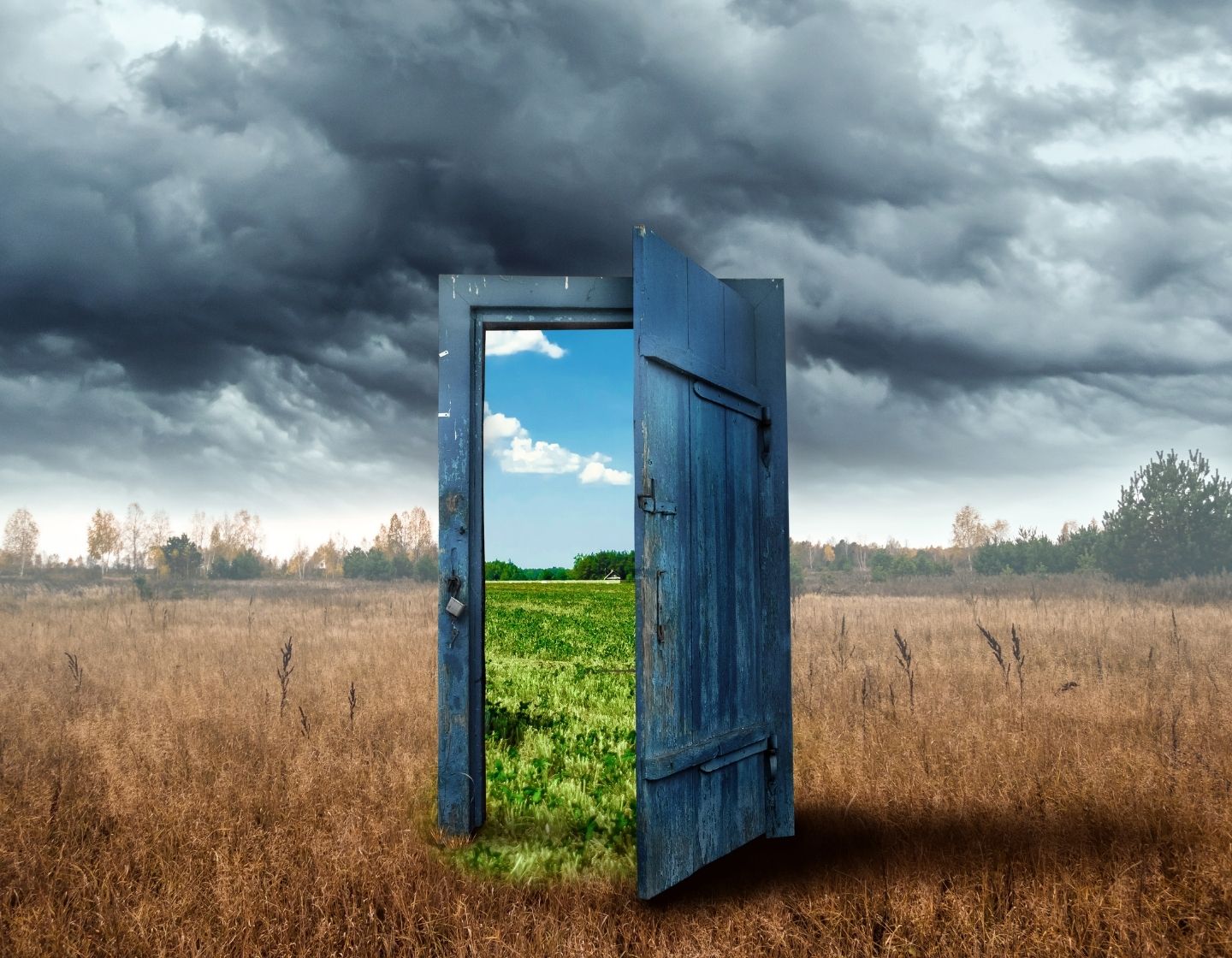
The ugly
How a summer of sewage is ruining the British seaside day out
From Scarborough to Whitstable, red flags are going up on beaches as pollution levels soar – preventing swimming and forcing seaside businesses to close. With alarming quantities of sewage being dumped into designated bathing waters, the country’s most popular beach destinations have been suffering.
In 2022, there were an average of 825 sewage spills a day into England’s waterways. And in just a single eight-day stretch, Southern Water dumped more than 3,700 hours’ worth of sewage at 83 bathing water beaches. This is affecting beachgoers and the local industries that depend on them – not to mention aquatic life. Read more here.
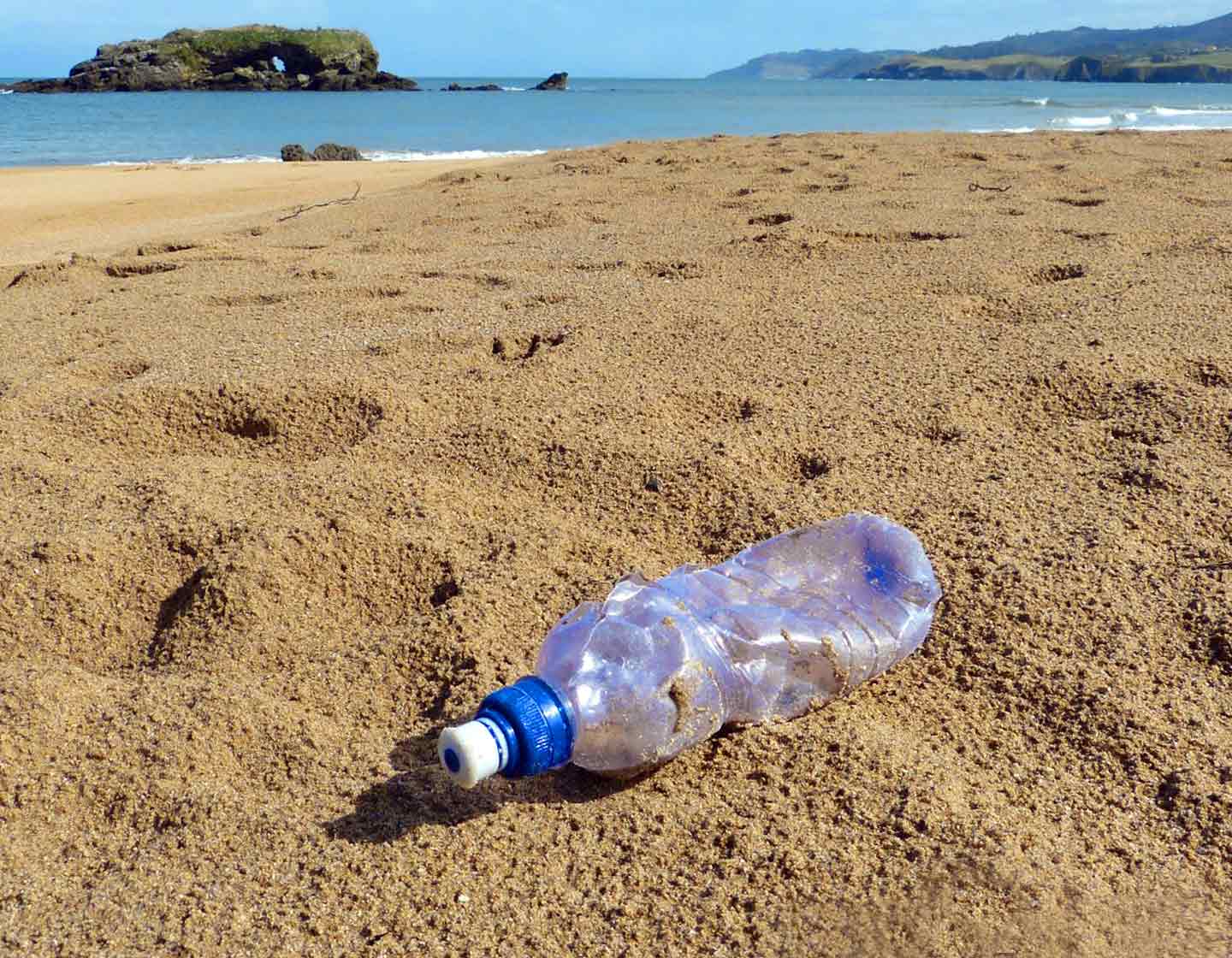
Destruction of world’s pristine rainforests soared in 2022 despite Cop26 pledge
In 2021, world leaders committed to halt and reverse deforestation by 2030. But last year, an area of primary rainforest the size of Switzerland was felled. That’s the equivalent of 11 football pitches every minute. Rainforests – the planet’s most carbon-dense and biodiverse ecosystems – were cleared mainly for cattle ranching, agriculture and mining.
Land use change is second only to the burning of fossil fuels as a source of global greenhouse gas emissions, and is a huge driver of biodiversity loss. According to scientists, limiting global heating to 1.5C above preindustrial levels will be unlikely without halting the destruction of rainforest environments. Read more here.
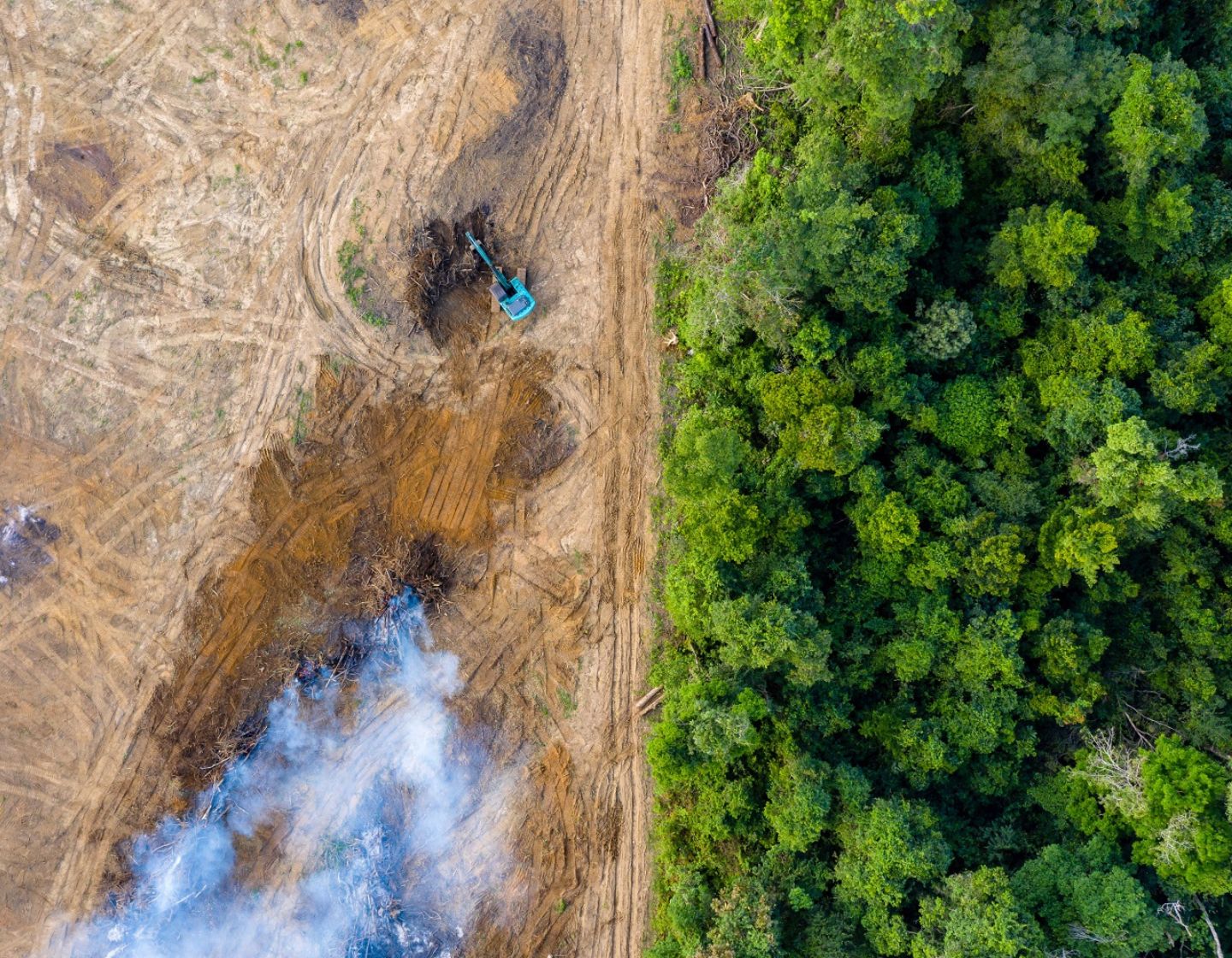
Join our Home Club and keep your finger on the pulse of sustainability news
Our Home Club is full of environmental news and top tips to help keep you informed and empowered when it comes to the planet. Discover thousands more articles and enjoy big discounts when you sign up.

